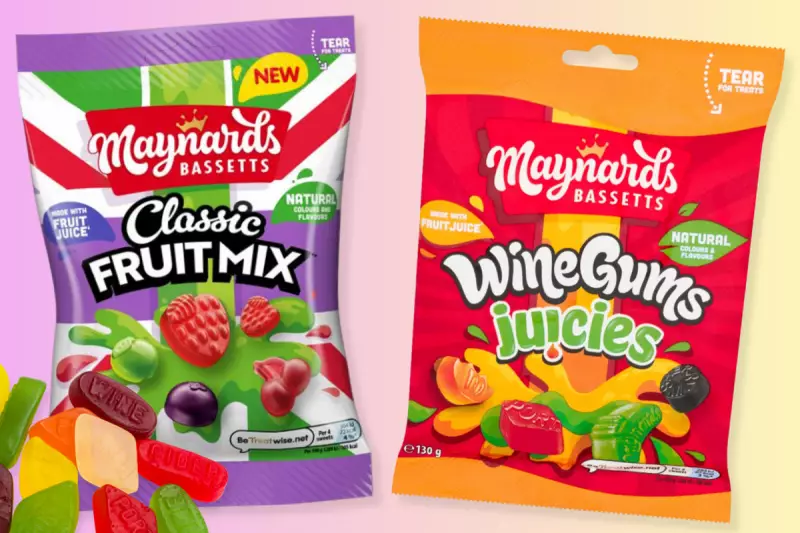
Britain's sweet tooth is in revolt as one of the nation's most cherished confectionery treats undergoes a dramatic transformation. Maynards Bassetts Wine Gums, the iconic fruity sweets that have delighted generations, have quietly changed their recipe - and loyal fans are not happy.
The Great British Sweet Scandal
Mondelez International, the global food giant behind the 109-year-old brand, has confirmed what disappointed customers suspected: the recipe has been fundamentally altered. The company has removed all artificial colours and flavours in what they describe as a move toward "more natural ingredients."
What's Actually Changed?
The reformulation means the end of an era for traditional Wine Gums. Key changes include:
- Replacement of artificial colours with natural alternatives including radish, carrot, and lemon concentrates
- Removal of artificial flavourings in favour of natural fruit extracts
- Changes to the texture and mouthfeel of the classic gums
Consumer Backlash Reaches Boiling Point
Social media platforms have become ground zero for the confectionery controversy, with longtime fans expressing their disappointment across Twitter and consumer forums. Many complain the new version lacks the vibrant colours and intense fruit flavours that made the original so distinctive.
One disgruntled customer lamented: "They've completely ruined them. The colours are muted and the flavours taste nothing like the Wine Gums I've loved since childhood."
Company's Defence
Mondelez International maintains that the changes respond to consumer demand for more natural ingredients. A company spokesperson stated: "We're constantly listening to our consumers and evolving our recipes to meet their expectations, which includes moving toward more natural ingredients while maintaining the great taste people expect."
The Bigger Picture: UK Confectionery Evolution
This reformulation is part of a broader trend sweeping the British sweets industry. Following the UK's sugar tax implementation and increasing health consciousness, many classic brands are reformulating their products. However, the Wine Gums controversy highlights the delicate balance companies must strike between modernising recipes and preserving nostalgic flavours.
As the debate continues, one thing remains clear: when it comes to Britain's favourite sweets, even the smallest change can provoke the strongest reactions. The question now is whether consumers will adapt to the new recipe or if the outcry will force another reconsideration.





